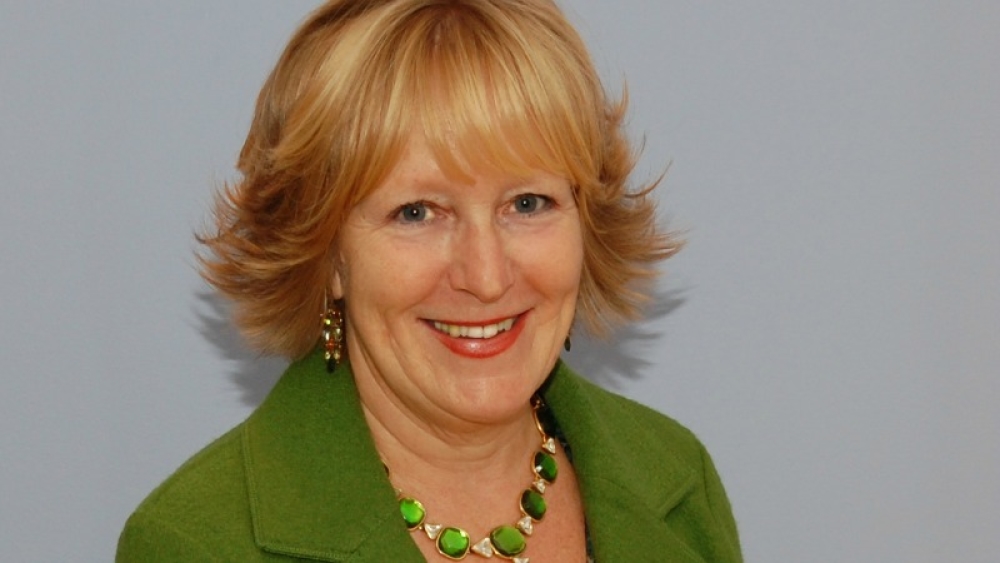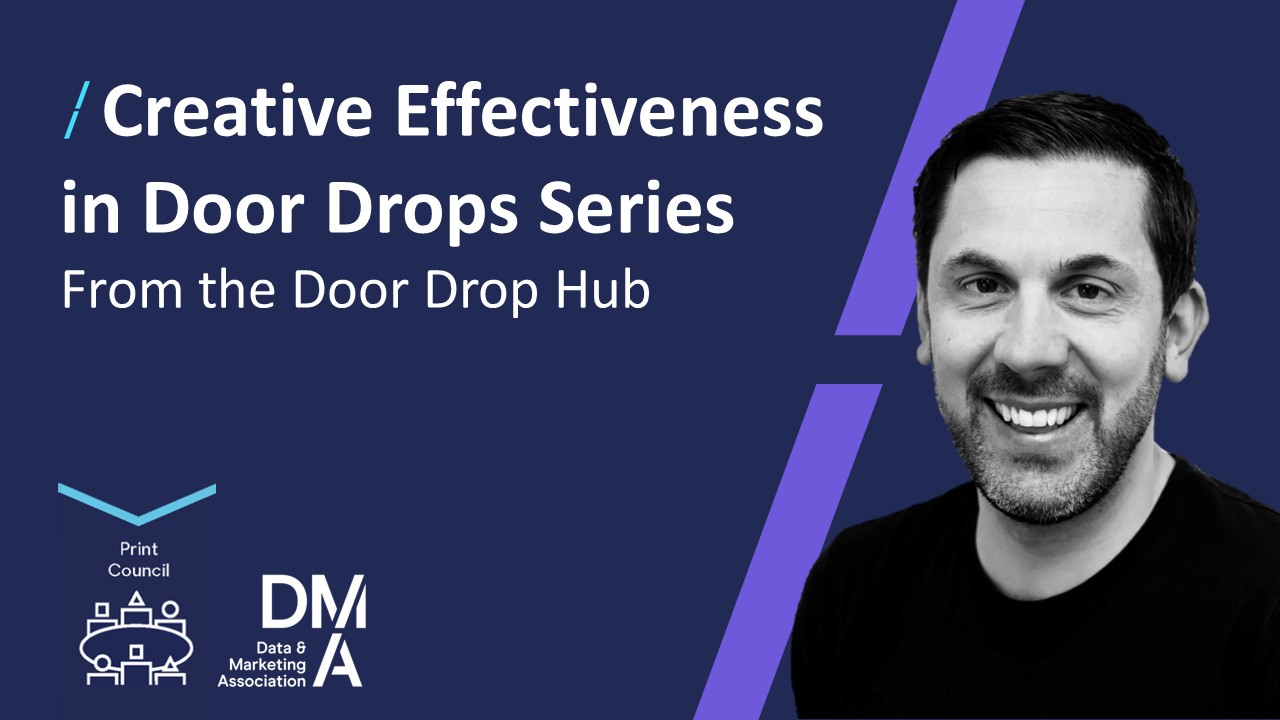Melanie Howard: We need to have diversity of all kinds in this industry
27 Apr 2016

The upcoming mayoral elections are a concern for Future Foundation founder Melanie Howard, but she’s not thinking about Zac or Sadiq – it’s all about the Women’s Equality Party and Sophie Walker
During the pressure-cooker years of the 1980s, Howard felt she had limited choices. Working at Ogilvy & Mather in the division that would emerge eventually as Ogilvy One, she decided to quit.
“I couldn’t see how having children was compatible with work,” she says.
“We have come a long way since then. But it’s still a pressurised environment.”
Melanie, dressed prominently in her trademark green, doesn’t seem to be phased by pressure.
In addition to chairing the Future Foundation (which she also founded), sitting on the board of the DMA, and acting as a trustee for the DM Trust, she has also become one of the leading lights in the Women’s Equality Party, which is making its pitch in the upcoming London Mayoral elections, and she is standing to become a London Assembly member.
The Women’s Equality Party hopes to secure at least one place on the London Assembly and use this to influence policy with whoever takes the big job.
But we have come a long way from the bad old days of the 1970s and 1980s – haven’t we?
Equality
“I have analysed this a lot, and the Women’s Equality Party has emerged because progress has been so low since Equal Pay Act in 1970s. Essentially, the aim of the party is to make policy makers put equality at the top of the agenda,” she says.
But this pressure to represent women is wider than a gender issue, she says. Ultimately, the goal is to, “Mandate and require companies to take positive action,” which she says will not just help women, but all minorities.
She says there is a significant intersection between women as a single but very large group, and those groups identified in the Human Rights and Equalities Act 2010, which protects against six different types of discrimination - ageism, sexism, sexuality, religion, race and disability.
“Of course we are strongly in favour of women’s equality, but if we can achieve equality for women, we will improve equality for these other under-represented groups,” she says.
Marketing
Looking just at the marketing sector shows how the gender disparity plays out. “While 70% of marketing roles are held by women, only a quarter of senior marketing roles have women in the role. The most marked difference is for those aged between 30 and 49, which is prime child rearing age,” she says.
“We need to have diversity of all kinds in this industry. This is why the work of the DM Trust is so important, to reach out to these under-represented groups and bring them into the industry.”
Even here it can be hard for women, she says. “Women often don’t have the choice, particularly if they are on low incomes or are single mothers. Austerity also makes it more difficult because women get a disproportionate amount of benefits, they live longer and tend to be primary carers, and are more likely to have other disabilities, so the cuts disproportionally harm women.”
Howard is not alone on this topic. Recent research from advertising and marketing wellbeing charity NABS shows that one-fifth of working parents in advertising and media receive no help from their employer at all. Worse, six out of ten know of someone who has left their job because of this lack of support.
Chair of MediaCom and president of NABS Karen Blackett said, "The evidence for supporting working parents is clear. By improving the wellbeing of industry mums and dads, we will have a happier, healthier and more productive workforce.
"Supporting working parents will also create a more diverse workforce, embodying more of the audience advertisers seek to represent,” she said.
Clearly Howard couldn’t agree more. “Now we have shared parental leave where parents can share up to 52 weeks of leave and changes in workplace culture where jobsharing means you can balance and combine your productive worktime with other responsibilities,” she said.
But the take-up has been disappointing, and Howard says the companies also suffer. “Companies that have a higher proportion of women on their board tend to be more innovative and accelerate growth,” she said, and echoing Blackett’s comments, “Staff should reflect the population they communicate with.”
The economy
Howard says harnessing diversity will push the industry (the creative sector has grown consistently through the recession), and so the whole economy, forward. “The UK’s USP is that it’s a very innovative place for designers, artists, etc. This is recognised at the Department for Business, Innovation and Skills level.”
But there is a mixed message coming from government, she says, and some of the cultural underpinnings that make the UK economy so diverse and so good at the creative industries may be under threat. “Some of the biggest cuts are in the Arts Council – museums, etc. – the intangible good where it’s harder to dramatise what it’s contributing.
“Being diverse is about being more reflective of population, and this brings better ways of thinking about the world. This accelerates economic growth,” she said.
Marketing for good
There are other stresses within the industry that need addressing, she says. Not just that it’s difficult to enter, but that it lacks confidence. “There is a febrile environment around clients – questions of greater competition, clients squeezing margins, agencies squeezing staff.
“Younger people in their 20s don’t want to work like this, where the sense is that you are a cog in a big machine. I know people who have thrown in the towel under the pressure of financial services clients.
“Something built for diversity would make it a better place for everyone to work in,” she said.
She finishes on some statistics. “According to the OECD, if you increase employment levels of women to the same as that of men, this could contribute as much as 10% growth to the economy.
“One way out of our economic difficulties is to make use of this under-used resource, which is women. By 2020, 10% would represent £180bn,” she says.




Please login to comment.
Comments